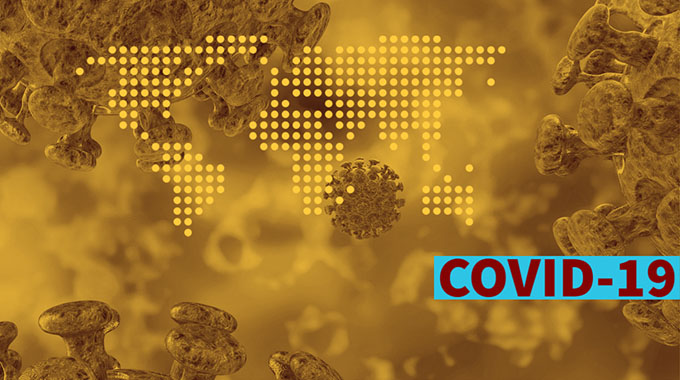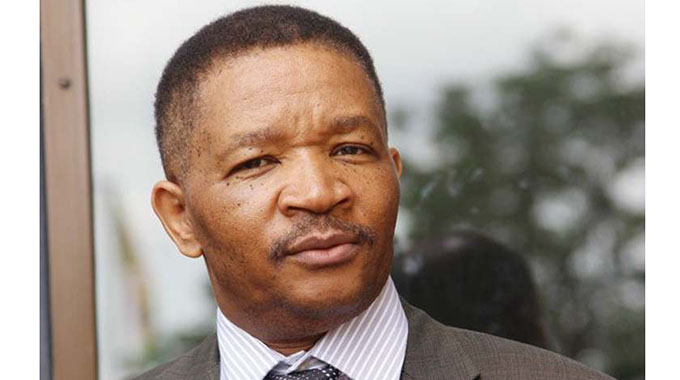Experts commend travel restrictions

Paidamoyo Chipunza Senior Reporter
The travel ban for civil servants by Government and an appeal to other Zimbabweans to minimise travel as a response to Covid-19 have received thumbs up from public health experts who further commended Government for showing commitment to combating the international outbreak.
President Mnangagwa announced on Wednesday that all foreign trips had been suspended for civil servants and further urged all citizens and residents to minimise travelling.
The civil service travel ban was an additional measure put in place by Government to minimise the risk of importing Covid-19 into the country.
In separate interviews with The Herald yesterday, public health experts commended the development saying it was a step in the right direction.
Public health advocate Mr Itai Rusike said: “The travel measures put in place by the Government to manage and reduce the risk of Covid-19 infection to Zimbabweans is a welcome development especially coming from the highest office in the country,” said Mr Rusike.
But such measures needed to be supported by reinforcing the capacity of the general public health system, including human resources for health workers and infrastructure adding that Government should also counter fake news and public misinformation on Covid-19 by creating awareness and disseminating credible information.
“Now there is a confirmed case of Covid-19 in South Africa, Zimbabwe should be worried and must be a lot more vigilant by strengthening our screening process at the borders given that South Africa is our biggest trading partner and there is generally very high volume of human traffic between the two countries almost every day thereby increasing the risk of Covid-19 being exported to Zimbabwe,” he said.
Another public health expert and secretary for the Zimbabwe Doctors for Human Rights, Dr Norman Matara, said restricting movement was a measure recommended in curbing spreading of infectious diseases.
“In outbreaks of that nature, it is recommended for people to restrict unnecessary movement and I think Government has done the right thing. However, there is also need to enhance our monitoring systems for people coming in the country, increase the capacity of health workers as well as isolation units,” said Dr Matara.
He said the focus on health workers’ capacitation and isolation units was in Harare yet Coronavirus knows no boundaries.
“Now that the virus is in South Africa, chances are that it might get to Zimbabwe through the Beitbridge Border Post. But as we speak, there is not much in place to ensure that once a case has been picked at the border how will the patient be transported to the isolation centre in Harare,” said Dr Matara.
He said there was need for the country to invest in all diagnostic equipment recommended by the WHO.
WHO country representative Dr Alex Gasasira also commended the country for abiding by their recommendations.
Dr Gasasira said Zimbabwe would have wanted to put in place more stringent measures, but was still consulting with WHO on the possible implications of such measures.
“WHO has given guidance to member states about travel, to try and minimise travel to curb spread of the coronavirus.
“Zimbabwe has tried to apply what WHO has recommended. In fact, I believe they wanted to do a little bit more and we are still in discussion with them as to how we can have a win-win situation where the health of the people in Zimbabwe is protected and at the same time trade and economic activities continue,” said Dr Gasasira.
“So we are still having discussions and again we as WHO also recommend that if travel is not absolutely necessary at this time, it could be minimised.”
The first case of Covid-19 was detected in Hunan Province of China last year and since then, over 3 300 people have died from the disease globally.
Around 100 000 others have been infected, forcing WHO to declare the outbreak a global emergency.
Although cases have been reported to be on the decrease in China, elsewhere they keep spreading. Covid-19 is a new strain of a coronavirus that has not been previously identified in humans.
Its symptoms include fever, headache, shortness of breath, chest pains, pneumonia and sometimes death.
Symptoms may appear within 14 days after exposure.











Comments